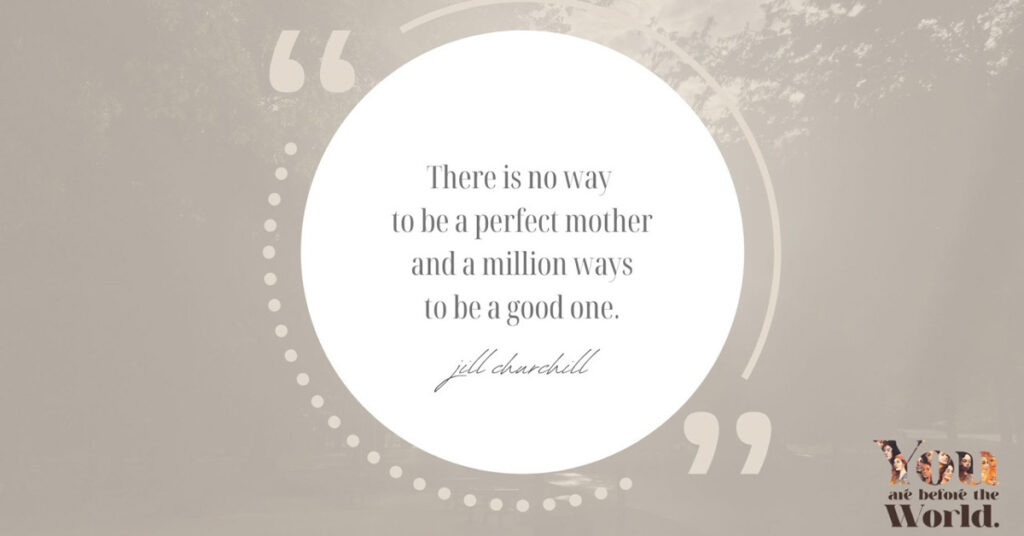I’ll never forget my first Teacher’s Appreciation Week in our North Texas suburb where five of our six children were spread across elementary and middle school. One fall afternoon, our youngest son pulled a piece of folded paper from his Spiderman backpack and handed it to me.
It read:
Hi Parents!
Teacher’s appreciation week is around the corner! Below please find our daily themes!
At the kids’ former school in Kansas City, we had Teacher’s Appreciation Day. As a busy (then single) mother of three, I’d purchase gift cards and call it finished. The memo went on:
Monday: Gift your kiddo’s teacher their favorite flower!
Tuesday: Give your kiddo’s teacher a gift card to their favorite restaurant!
Wednesday: Gift your kiddo’s teacher their favorite snacks!
Thursday: Write your teacher a handmade thank you note!
Friday: Student’s choice!
I looked down at our son, who was staring at me with eager anticipation, then began assessing the situation. “Did you get this note about Teacher’s Appreciation week?” I asked the second youngest. He nodded. Then, to one of the middle school children, “Are they doing this at your school too?” Yes. Everyone said yes. They were all buzzing around me beginning their post-school routines: snacks, homework, more snacks.
I know this sounds nice. I’m not saying it wasn’t. Teachers have one of the hardest jobs in the universe and they deserve to feel appreciated. What I am saying, though, is that each of our five school-aged children had multiple teachers. An average of three, to be exact. I multiplied five children by five days by three teachers. That was seventy-five gifts. I stared at this note for a few minutes, walked over to my husband, thrust it against his chest, and said flatly: “No.”
“No, what?” he asked, confused. (I have a very bad habit of finishing statements out loud that begin in my head.)
“No, I’m not curating seventy-five gifts for Teacher’s Appreciation Week. I have a full-time job.” I defiantly walked back to my office and plopped into my chair.
My words flowed with conviction, but I felt a pang of guilt. Would my children feel disappointed? Would they be ostracized because I refused to acquiesce to this demand letter? Would their teachers think their mother was selfish and mean? Or worse, not paying attention?
I asked our children how important it was to them that I go all in on the list. They shrugged their shoulders, which I took to mean they kind of cared but not too much. In the end, I asked them to choose a favorite teacher, and we complied with three of the days: gift card, flower, and handwritten note. Shady? Perhaps. But a happy medium for them was better than a miserable low for me. When I gave birth to my first child, my friend and Hallmark colleague John Dill, who has since passed on, taped a tiny piece of paper to my computer. It was a quote by Jill Churchill that read:
“There’s no way to be a perfect mother and a million ways to be a good one.”
I would repeat this phrase to myself numerous times while raising our children. I repeated it when there were two games scheduled at the same time and John and I had to divide and conquer. I repeated it when a work trip overlapped with a Fun Run. I repeated it when the book fair ended before my meeting did. And, I repeated it when the school solicited moms to help with orientation, but I just donated school supplies instead. I chose to believe that my life and work would mean something to my children someday, and that my love for them was understood.
I didn’t think much of this until our children were older, but I was—and still am—a bit of a “heady” mother. They came to me when they were refining their college essays. They’d ping me when they needed fifty dollars and didn’t want their Dad to know. They still talk to me for hours about relationship dramas or societal concerns. But I was not the PTA mom, and it wasn’t just about the time. My social anxiety creates very real peopling thresholds.
This Mother’s Day weekend, we traveled to State College, Pennsylvania to celebrate the graduation of our “second middle” child who squeezed every bit of goodness out of his college experience. John and I went for a walk the morning before our departure, and he thanked me for being an amazing mother to our children. I shrugged my shoulders, because I’m not sure about the amazing part, but I know I try. I do my best to listen when they need to talk, to encourage them when they feel disheartened, to apologize when I make mistakes, and to celebrate them—not only when they win, but also when they learn.
Our six children range in age from eighteen to twenty-eight, and while chasing toddlers isn’t for the faint of heart, motherhood doesn’t get easier as they get older. They need different things from you at different times and in different ways. It’s hard to know when to shift from control to influence to guidance to support. I get it wrong a lot. But at least once a week, something seemingly small happens to remind me that children know love when they see it, including my own.
A few minutes after my flight landed, our oldest, who lives states away with her young family, texted to ask if I’d be available that evening. Our three-year-old granddaughter had been asking to talk to me. I smiled with my whole face, and thought to myself, “they know.”
Tara Jaye Frank
